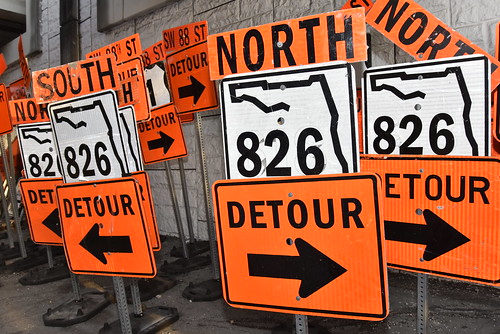I’ve read some articles and watched some videos this week which have helped me think more deeply about choice, freedom, happiness and satisfaction. These thoughts have implications in diverse spaces, from my smart phone and the notifications I choose to put into my mind’s information radar screen on a daily basis like stumbling blocks or highway detour signs, to the process of helping our children find and select colleges which align with their interests as well as our limited family pocketbook. In this post I’ll share some of the links as well as my reflections about them, which are ongoing and certainly not finalized.
This past Wednesday night, on the weekly web show and podcast, the EdTech Situation Room, which I cohost with Jason Nieffer (@techsavvyteach), Jason shared a fantastic article about the way in which smart phone app designers are exploiting our psychology just like casino slot machines. The article is, “How Technology Hijacks People’s Minds – from a Magician and Google’s Design Ethicist” (Tristan Harris @tristanharris, 19 May 2016.) There are multiple implications of this article for my life, but one of the biggest is simply thinking more intentionally about the ways I choose to potentially be distracted and redirected during each day. About eight years ago I recorded a three-part podcast series on “The Attention Economy,” and I still find that metaphor extremely helpful in understanding our information landscape as well as the mental choices we each make within it. The quantity of choices which compete for our attention as well as our dollars when we’re shopping at a store continue to grow at an amazing rate that is literally difficult to comprehend and adjust to. Smart phones do not merely have incredible power to attract and maintain our attention, they also provide opportunities for social interaction and virtual rewards (like Instagram photo likes or Twitter retweets) which can alarmingly consume a large number of minutes in our limited waking hours of each day. I see this not only in my own life, but in the lives of our family members, who spend increasing amounts of time each day looking at and cradling their smart phones, tablets and laptops.
One educational implication of these ideas is that we need to help students learn how to craft menu choices within algorithms and meaningful virtual environments. Every day, apps are presenting us with choices, and if we do not think critically we may not consider choices which you’re not on the programmers provided list. This is an important and powerful idea.
Joe Edelman’s (@edelwax) talk and video, “Empowering Design, Ending the Attention Economy,” was referenced by Tristan Harris in his previously referenced post, and is a video I want to view soon along this line of thinking about choices, notifications, and intentional living.
https://vimeo.com/123488311
Thanks to the Ted Radio Hour on our local NPR radio station, this afternoon I had a chance to watch the 2007 Ted talk by Barry Schwartz, “The Paradox of Choice.” Follow Barry on Twitter @barrysch. Since I am dictating and writing this post on my smart phone in the car as I wait for a member of our family to finish up an appointment, I’ll go in later to add more hyperlinks to this post. (Unfortunately links are a little tedious to add on the iPhone WordPress web interface today.)
Barry’s thesis is that more choices, which would seem to offer us more freedom, do not necessarily lead to more happiness. In fact, unbounded choices can lead to paralysis and unhappiness. This makes me think of the ways in which we have just been helping our high school senior son, Alex, decide which college to choose. I am so glad we took the advice of others and limited his number of applications to five. He was accepted to four of those, and that still presented some challenges, but nothing like what I can imagine students face who apply to 10 or 15 schools. This also makes me think of creativity, and one of my favorite IKEA store signs which reads, “Creativity thrives within constraints.” I think the same can be true for happiness, and this dovetails with the messages in Barry’s TEDtalk.
I am sure there are many more implications to this article and video which I could share, but I will in here because I’d like to share this post even if it is incomplete.
If you enjoyed this post and found it useful, subscribe to Wes’ free newsletter. Check out Wes’ video tutorial library, “Playing with Media.” Information about more ways to learn with Dr. Wesley Fryer are available on wesfryer.com/after.
On this day..
- The Story of My Dad’s Photo with President Kennedy – 2013
- Digitizing Vintage Photographic Negatives and Prints – 2012
- Artistic Creativity by Bunky Echo-Hawk at the Hard Rock Hotel in Tulsa #atalm12 – 2012
- Why Is Storytelling Important [VIDEO] – 2012
- AT&T ends unlimited iPhone data plans – 2010
- Apple pulled PixelPipe app in March 2010 – 2010
- NCLB damages US education by narrowing the curriculum – 2010
- Thanks Project Gutenberg for underwriting our 6th grade summer reading list – 2009
- The Power of a Well-Read Blog and the Adventures of Google Earth Girl – 2008
- New videos to share with educators – 2007


